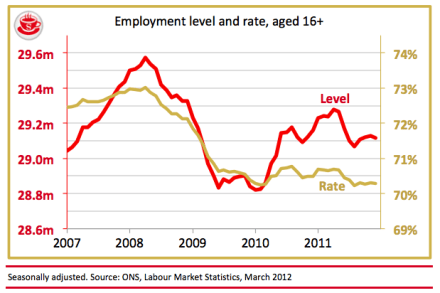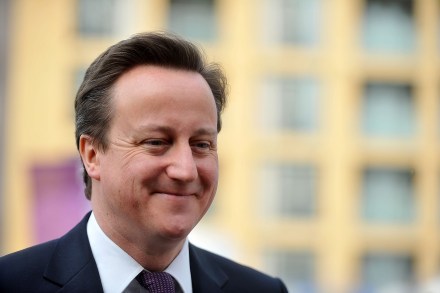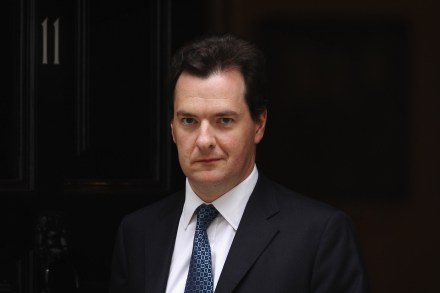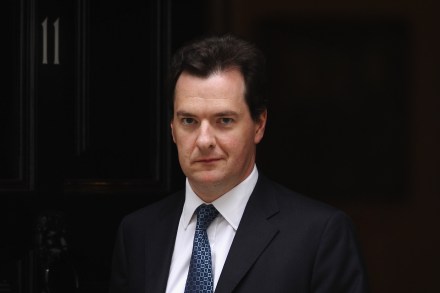The questions Alex Salmond can’t answer
Should Scotland be independent? I’d have thought that only a few people — most of them Scottish — would care enough about the question to come to a debate hosted by a think tank, but the Policy Exchange fight club was packed last night. The sole nationalist was the SNP’s Pete Wishart, allied with Sir Simon Jenkins making his English Nationalist points. Sir Malcolm Rifkind spoke against the motion, with yours truly his support act. As you might expect from a London audience, those opposed won easily. But two things struck me. The first is Sir Malcolm’s eloquence. He was brilliant, better than Salmond, a reminder of what was cut dead in the




















